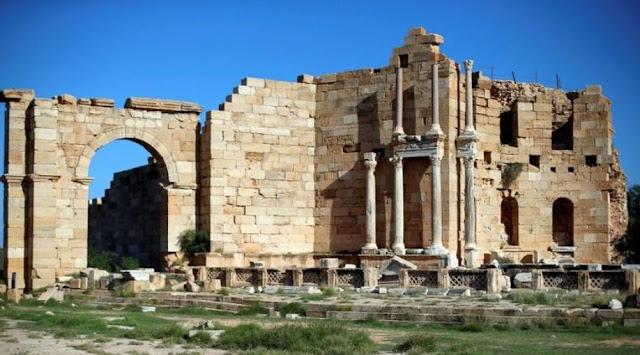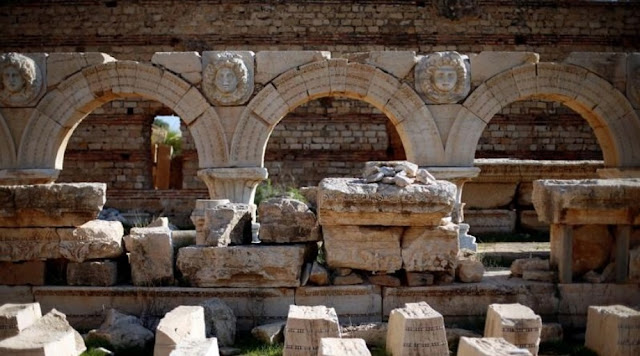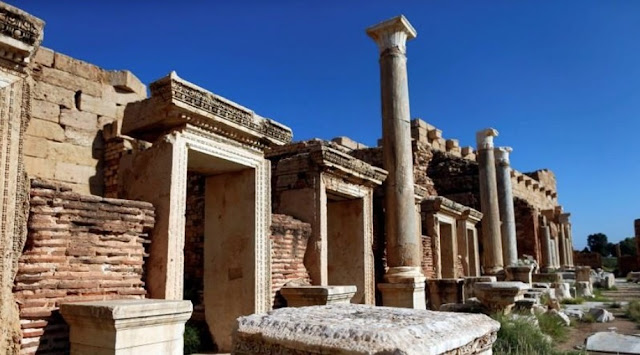The limestone and marble ruins of Leptis Magna on Libya’s coast could be a hive of activity and a top tourist destination, but conflict has left one of ancient Rome’s great Mediterranean cities almost entirely cut off from the outside world.
 |
| Credit: Reuters/Ahmed Jadallah |
“There’s something that remains of the tourist police, but they can’t protect it,” says 60-year-old Ali Hrebish, one of several dozen volunteer guards who “for God and country” help watch over the site. “We live here, we protect it.”
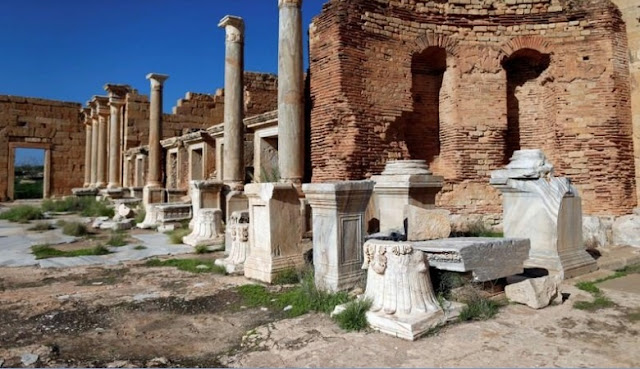 |
| Credit: Reuters/Ahmed Jadallah |
Foreign tourists came frequently before the 2011 uprising that toppled Muammar Gaddafi, locals say, but visits halted as the security situation declined rapidly in 2013-2014. Conflict left Libya with competing governments, hampering both national and international conservation efforts.
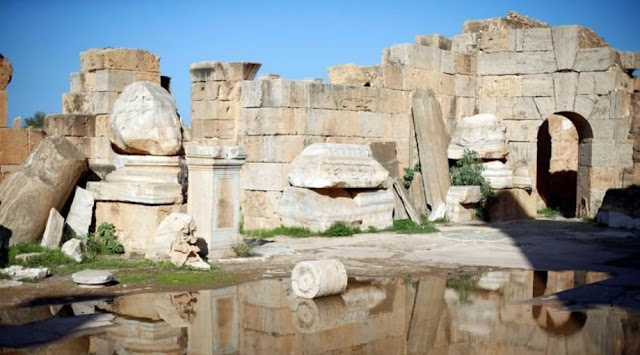 |
| Credit: Reuters/Ahmed Jadallah |
“We try to overcome the dichotomy between east and west (forces in Libya) and try to encourage the grass roots to protect the cultural heritage,” said Zaki Aslan, Arab states representative for ICCROM, an intergovernmental body for the conservation of cultural heritage that runs training programs for Libyans.
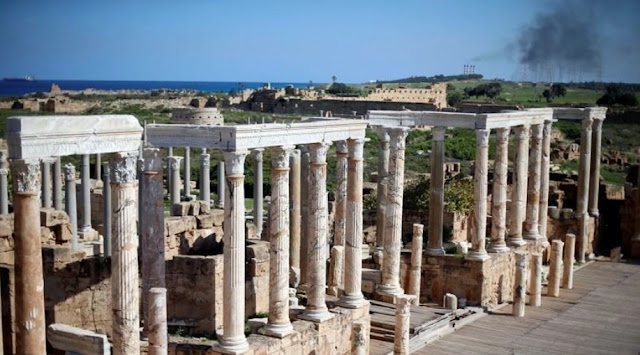 |
| Credit: Reuters/Ahmed Jadallah |
On a recent Friday, dozens local daytripping families wandered in Leptis Magna. Two Westerners, one from New Zealand and the other from Austria, were also visiting as part of a trip organized by Soviet Tours, a Berlin-based firm.
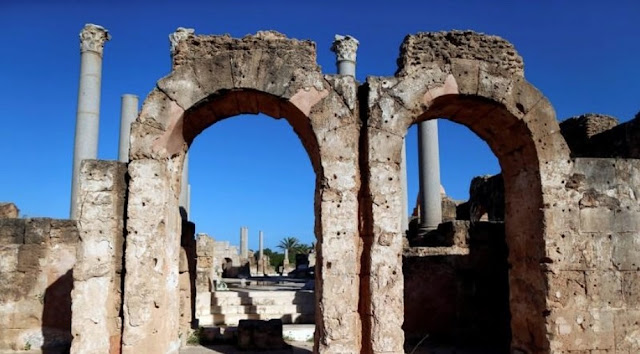 |
| Credit: Reuters/Ahmed Jadallah |
Pardelli sees huge potential in Libya, including tourism for Italians whose families once settled in the former colony, but for security reasons does not offer trips to ruins at Sabratha in western Libya, Cyrene in the east or to the Sahara desert.
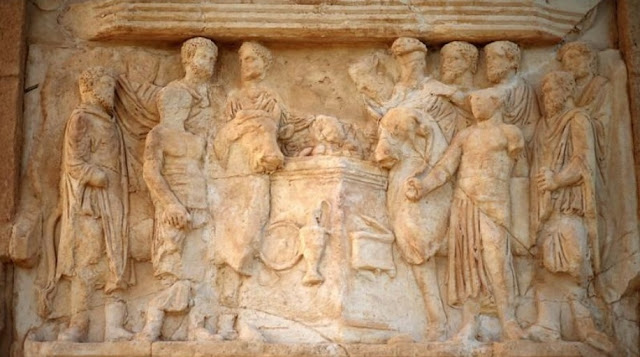 |
| Credit: Reuters/Ahmed Jadallah |
“When they check passports sometimes we just breeze through the checks and in 30 minutes they are outside the airport, and sometimes it takes hours.”
In Iraq and Syria, two other destinations he offers, it is simpler because travelers only go to areas under government control, he said.
“In Libya the problem is it’s not yet clear who controls what, even in Tripoli.”
Author: Aidan Lewis | Source: Reuters [November 29, 2017]

